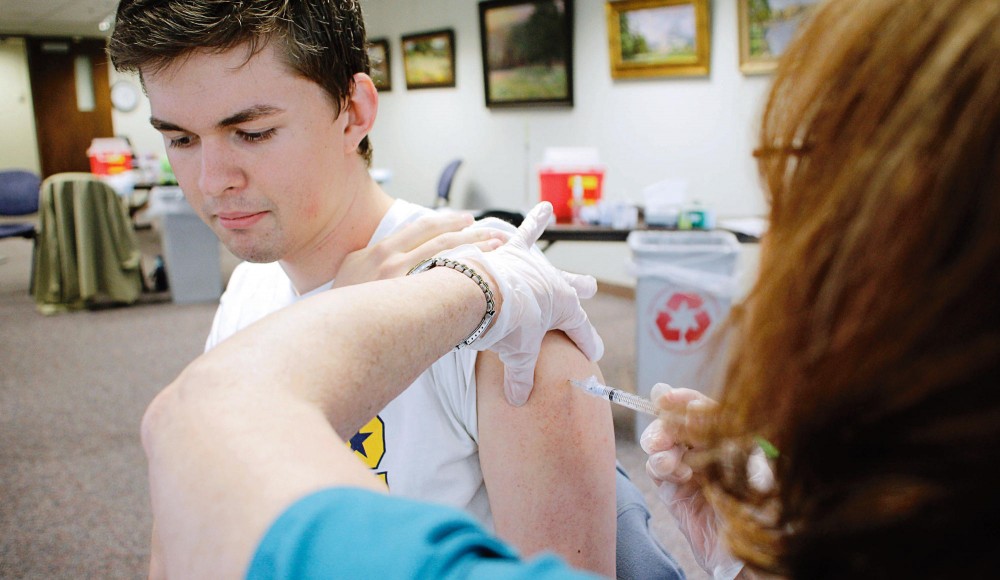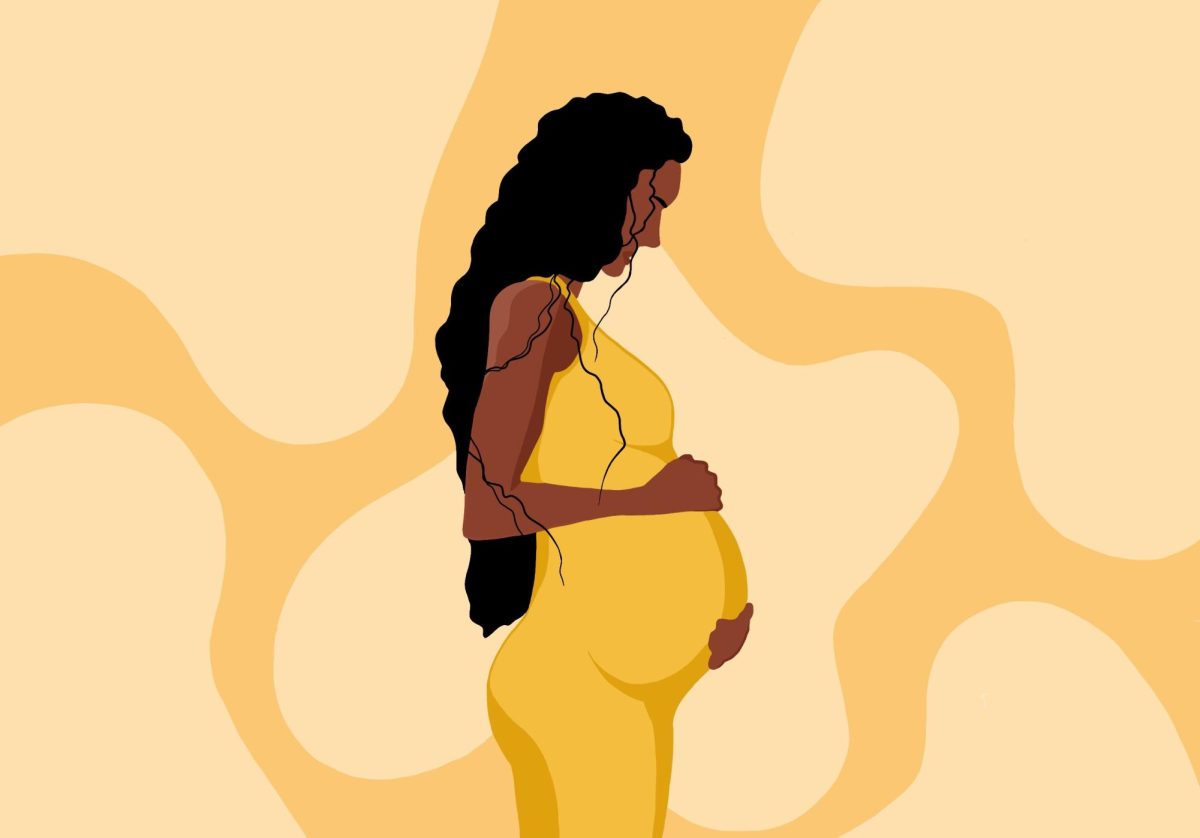Flu vaccination rates have fallen at the University of Minnesota — mirroring a nationwide trend.
While many experts say annual vaccination is the most effective way to stave off the flu, Boynton Health has administered 2,000 fewer vaccines so far this flu season compared to the last two years.
And though many cases go undocumented, studies have found that U.S. college students are vaccinated at a rate of 8 to 39 percent, according to a 2016 report by the National Foundation for Infectious Diseases. The same report found that college students miss an average of eight days or more while ill with the flu.
Across the country, vaccinations declined slightly from 147.8 million during the 2014-2015 season to 146.4 million in 2015-2016, data from the Centers for Disease Control and Prevention show. So far this season, 144.6 million shots have been administered.
Experts say a variety of factors may be contributing to the decline at the University and nationwide.
Though this flu season was the first since the CDC discontinued FluMist — a nasal spray offered as an alternative to the shot — it likely hasn’t affected numbers on campus since it is mainly used for children, said Dave Golden, director of public and health and communications at Boynton.
At the University, 521 FluMists and 18,474 shots were given during the 2014-2015 flu season, and 409 FluMists and 18,340 shots were given in 2015-2016. This year, Boynton has administered 16,033 shots, which Golden said falls below the norm for this time of year.
Boynton moved flu shot clinics from Wednesdays to Fridays, when there are generally fewer people on campus, Golden said.
Additionally, people may think they don’t need the vaccination because of the recent lack of severe flu seasons, he said.
Others, especially college-aged people, may underestimate the disease’s impact, said Kristin Nichol, medicine professor at the University.
Nichol has done multiple studies on influenza and similar diseases on college campuses. In a 2008 study co-led by Nichol, about 24 percent of college students who didn’t get vaccinated became ill with the flu or similar diseases.
“I think oftentimes students underestimate the impact influenza can have on life,” Nichol said. “The recommendations to universally vaccinate everyone are relatively new … especially with college students.”
Still, Golden says, it’s more important for college students to get vaccinated to protect others who have weaker immune systems.
“By getting a flu shot, yes, there is a good chance you’re going to reduce the chance that you’re going to get influenza, but also a great chance you won’t infect somebody else who’s vulnerable. That’s the big thinking behind these vaccines,” Golden said. “It’s a public service.”
Some people may decide not to get vaccinated because of its relative reputation for ineffectiveness compared to other immunizations, said Michael Osterholm, regents professor and director of the University’s Center for Infectious Disease Research and Policy.
“It’s World War II technology. The way we make flu vaccines today, or in other words, the parts of the virus we use to immunize people with, is the very same technology we devised in the 1940s to make the vaccine. We surely need better flu vaccines,” Osterholm said.Still, Osterholm said people should get the vaccine because it decreases the likelihood of the illness.








